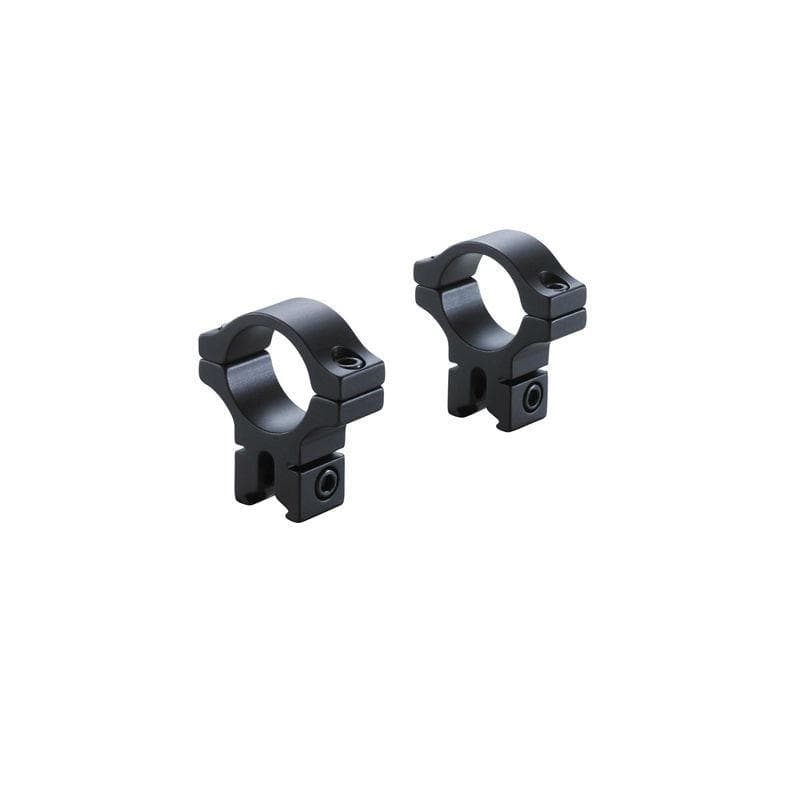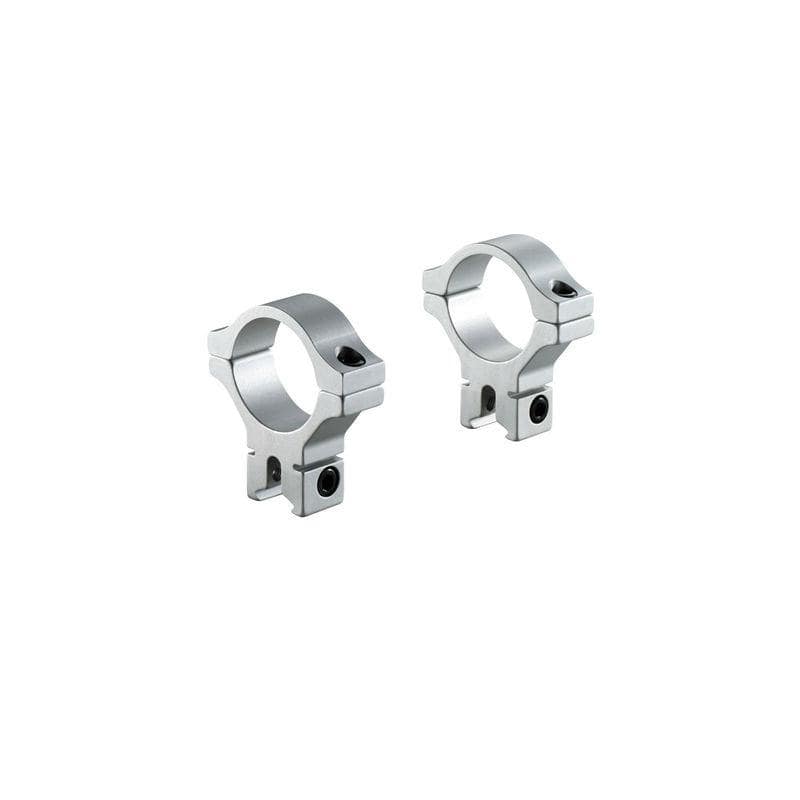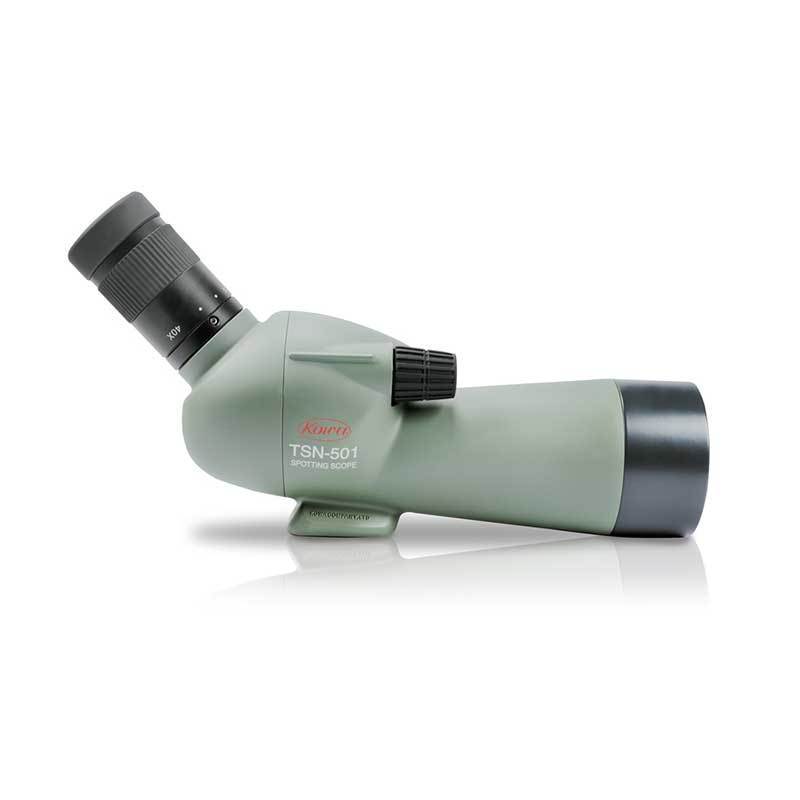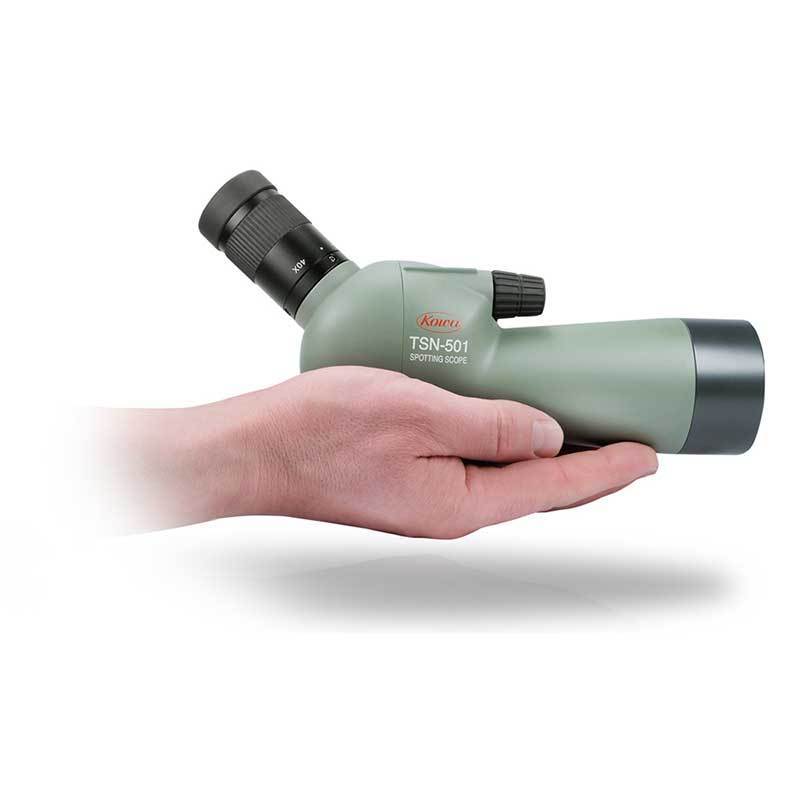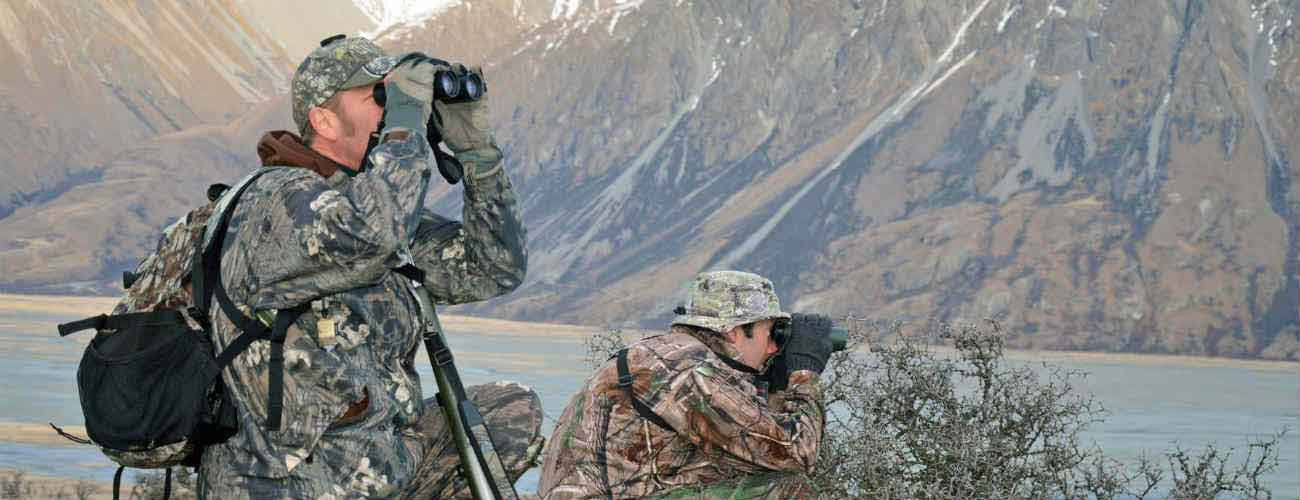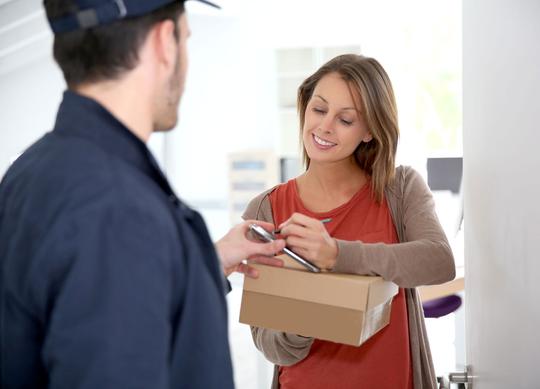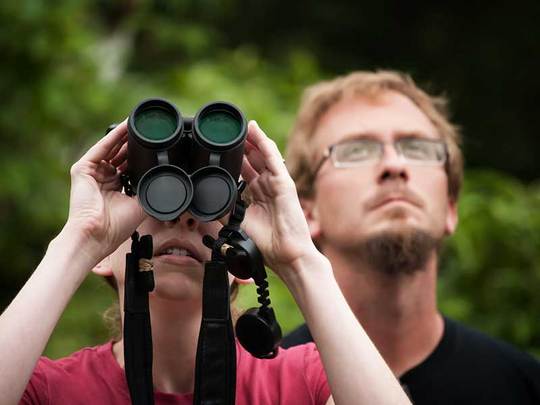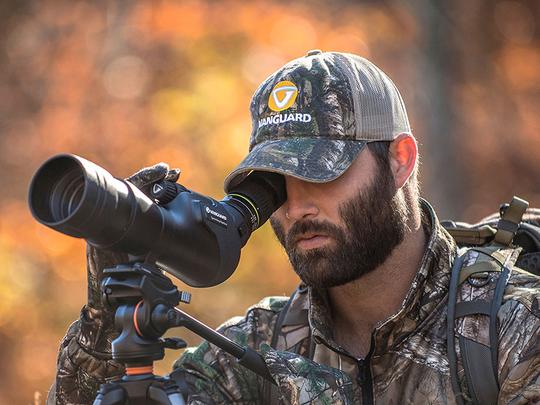Buyer's guide for hunting binoculars
Choosing binoculars for hunting
If you are planning on taking part in any kind of hunting, then a good pair of hunting binoculars are just as essential to your equipment as your gun.
Hunting binoculars are a necessity out in the field, allowing hunters to view their surroundings in more detail, and ultimately locate the animals that they are their to hunt. Hunting binos also help hunters to get up close with their target, confirm that they are hunting the correct species, and determine more specific information such as a targets size and sex.
Before you buy your next pair of binoculars for hunting, use our hunting binoculars buying guide to help you choose the best binoculars for the job. Need some help understanding the basics of binoculars? Read our generic information about binoculars first.
What’s the best magnification for hunting binoculars?
When you’re choosing your new binoculars for hunting, don’t be tempted to buy binoculars with the highest magnification just for the sake of it as they really aren’t necessary and may actual hinder your hunting efforts. In fact, the best binoculars for hunting are often those with a lower magnification of 8x or 10x. Binoculars with a lower magnification are often favoured for hunting for the following reasons:
- They provide a more stable and clearer image than binoculars with a higher magnification as they are less affected by slight hand movements which can blur and distort images.
- They provide a wide field of view which makes it easier to scope out targets that you wish magnify and view more closely.
- They provide a brighter image which is vital when hunting at dawn or dusk.
- They provide an optimal amount of eye relief, meaning that there is a large enough distance between your eye and the eyepiece to wear spectacles if needed.
Sometimes binoculars with a higher magnification strength may be a better option. To decide on the magnification of your binoculars for hunting, the best thing to do is consider where you will be using them most often. If you plan on using your hunting binoculars in wooded areas where targets will often be closer to you, and light levels will be lower, then choose binoculars with a magnification of 8x or 10x; e.g. 8x42 or 10x42. If you will mainly be hunting in wide open spaces then you will need to be able to magnify potential targets more, and binoculars with a magnification of 10x or 12x will be more appropriate.
What size binocular lenses are best for hunting?
With the best times to hunt often being dawn and dusk when light levels are low, having a pair of binoculars that are good in low light conditions is essential for hunting.
As a general rule of thumb, the larger the lenses on a pair of binoculars, the better their ability to gather light, and the brighter the images that you can see. Obviously other factors such as the quality of the lenses, the coatings that are applied to them, and the prisms used in the binoculars construction will also effect their light capturing and transmitting ability, but choosing binoculars with larger lenses will ultimately increase their performance in lower light conditions. Larger binocular lenses will of course effect the size and weight of your binoculars, so take some time to consider whether you require binoculars that have larger lenses and are great in low light but will be heavier to carry when out hunting, or some binoculars that have slightly smaller lenses and aren’t quite so good in low light, but won’t weigh you down too much.
Often, the best and most popular hunting binocular lens size is 42mm, as this provides a great balance between light capturing ability and weight. Some hunters favour a lighter weight and more compact binocular such as a 30-32mm but 42s still remain most popular.
Additional features that are important for hunting binoculars
Hunting binoculars need to be durable and be able to withstand the harsh weather conditions that may be thrown at them out in the field. When you’re choosing your hunting binoculars, make sure that they are waterproof and fog proof to prevent damage to the binoculars from downpours and internal fogging inside your binoculars in damp or humid conditions. We also recommend choosing binoculars with a rubber coating to protect them from bumps and scrapes if you drop them.


